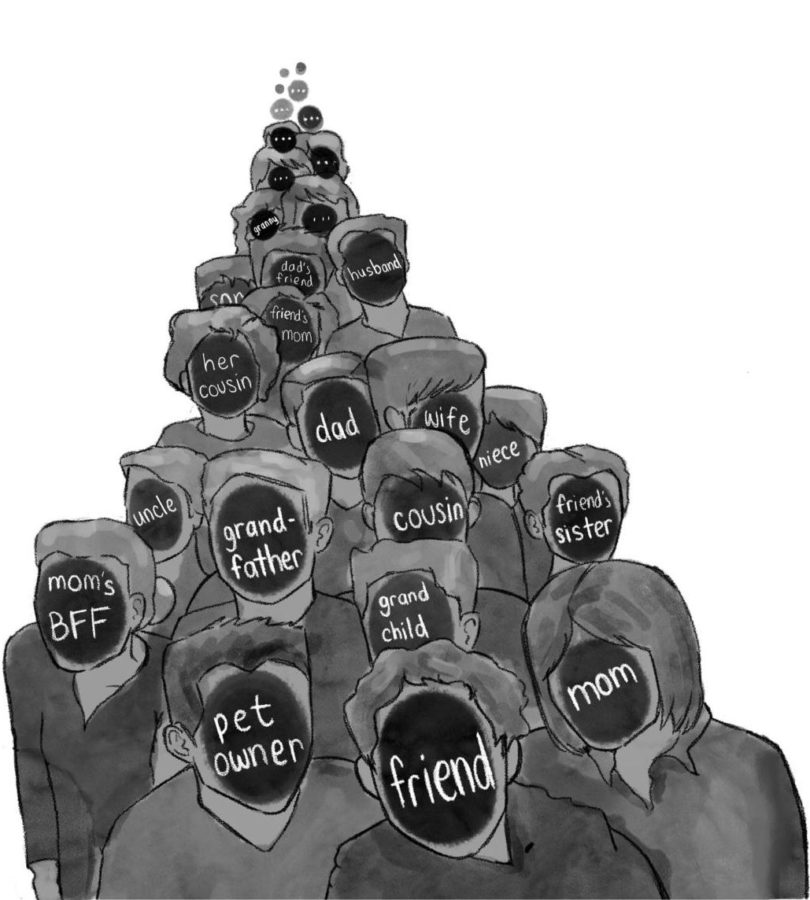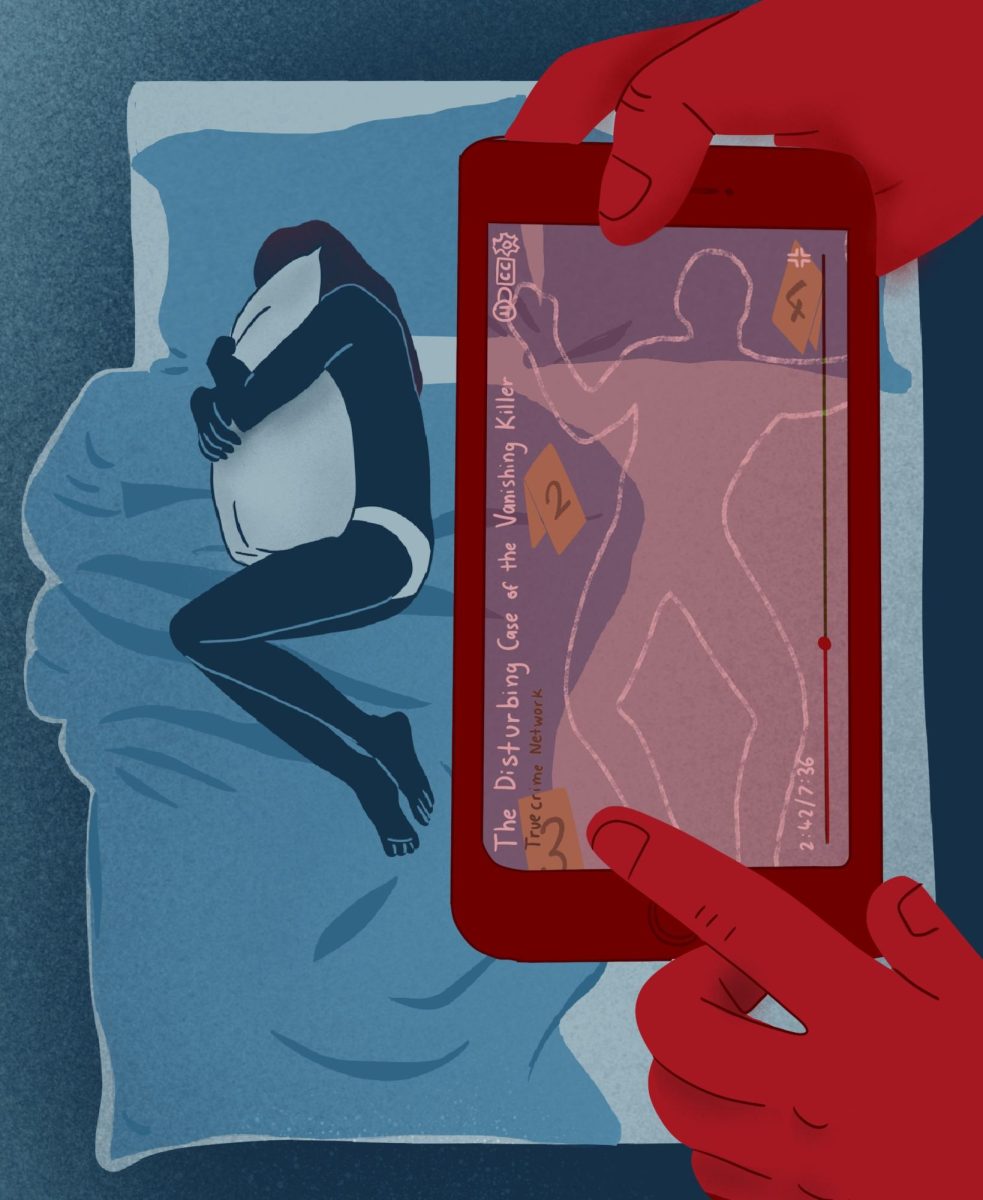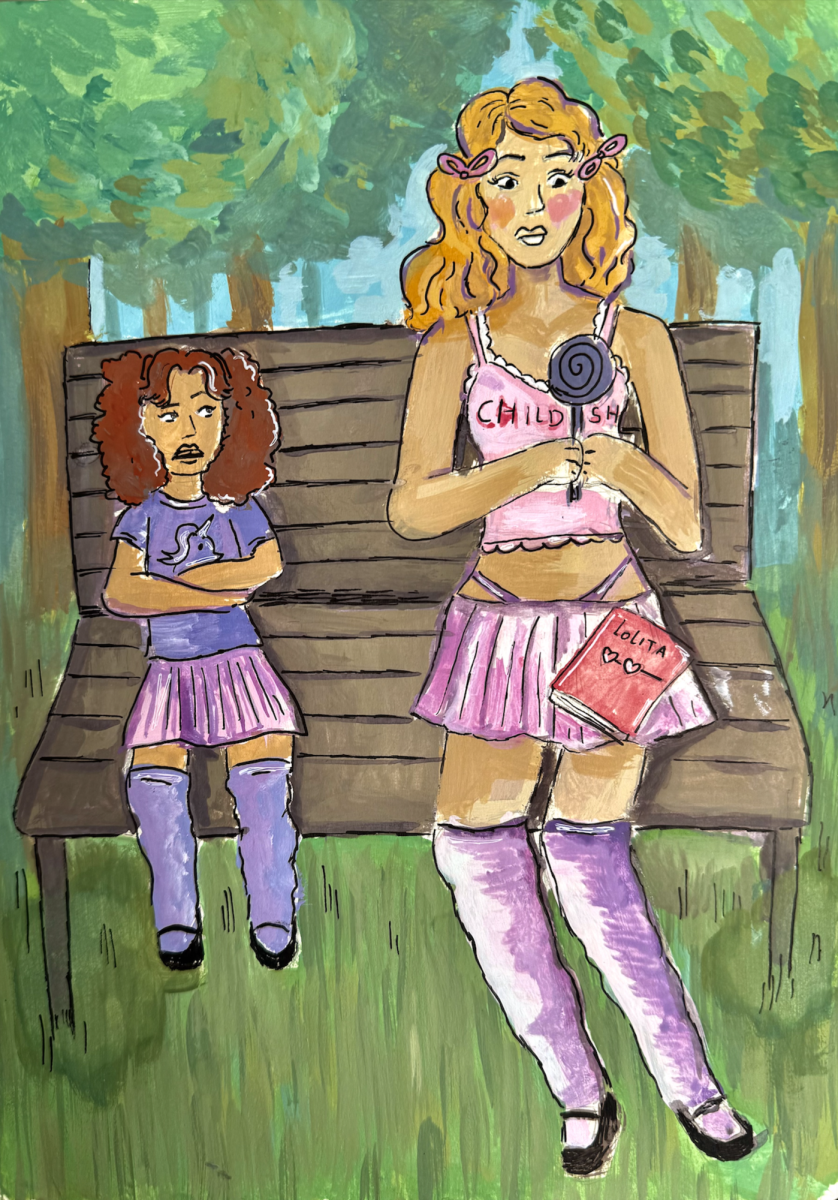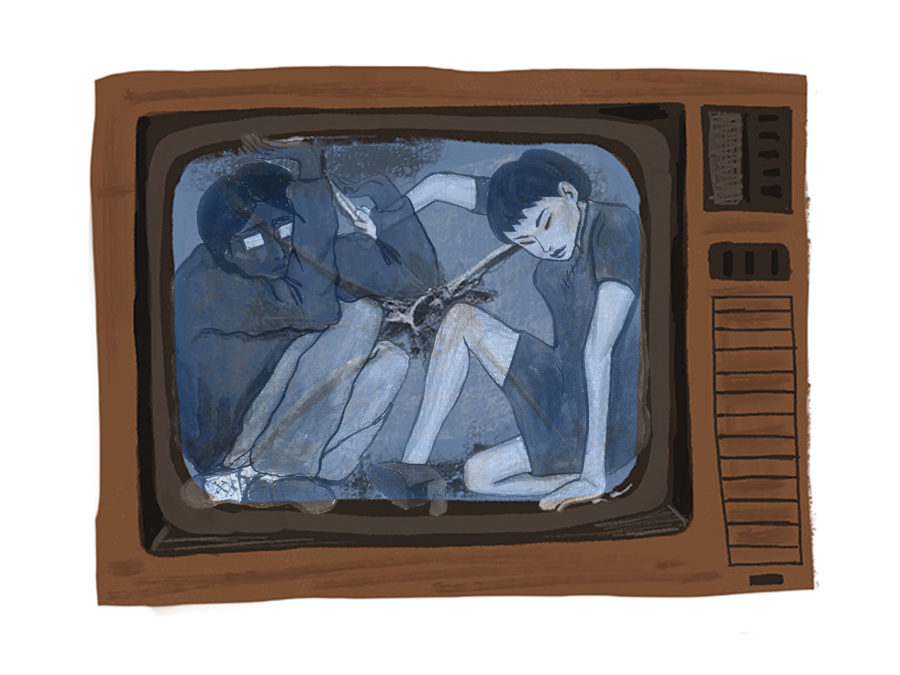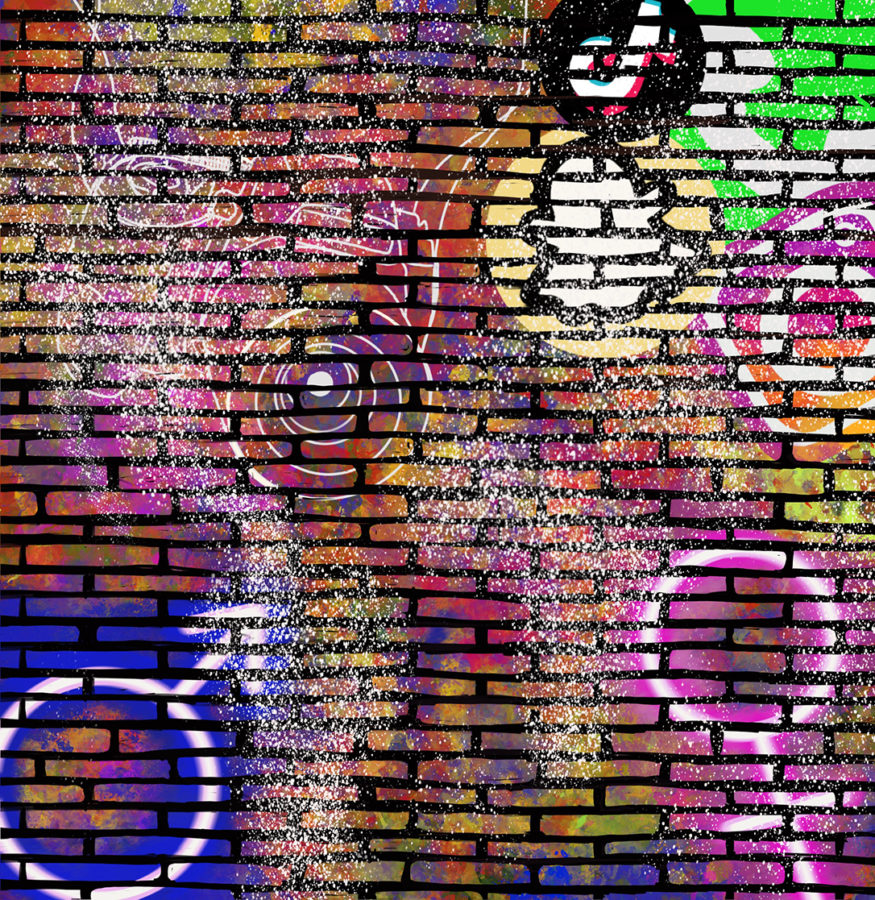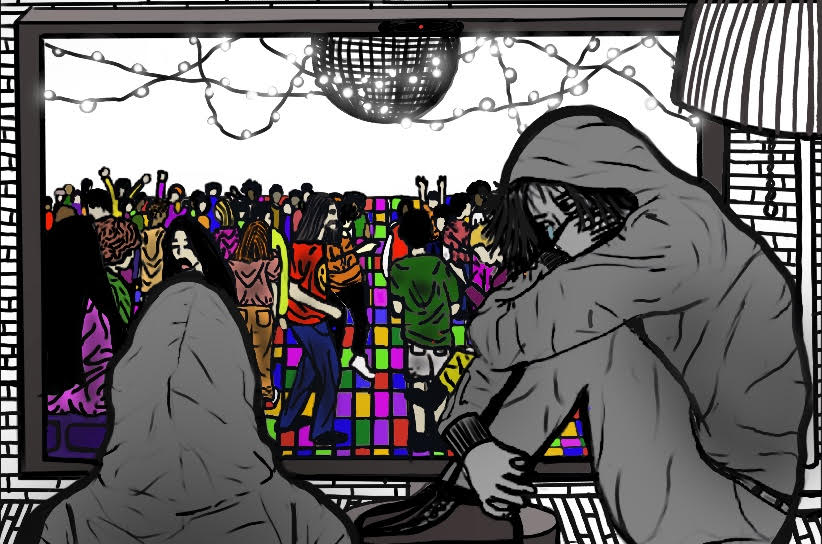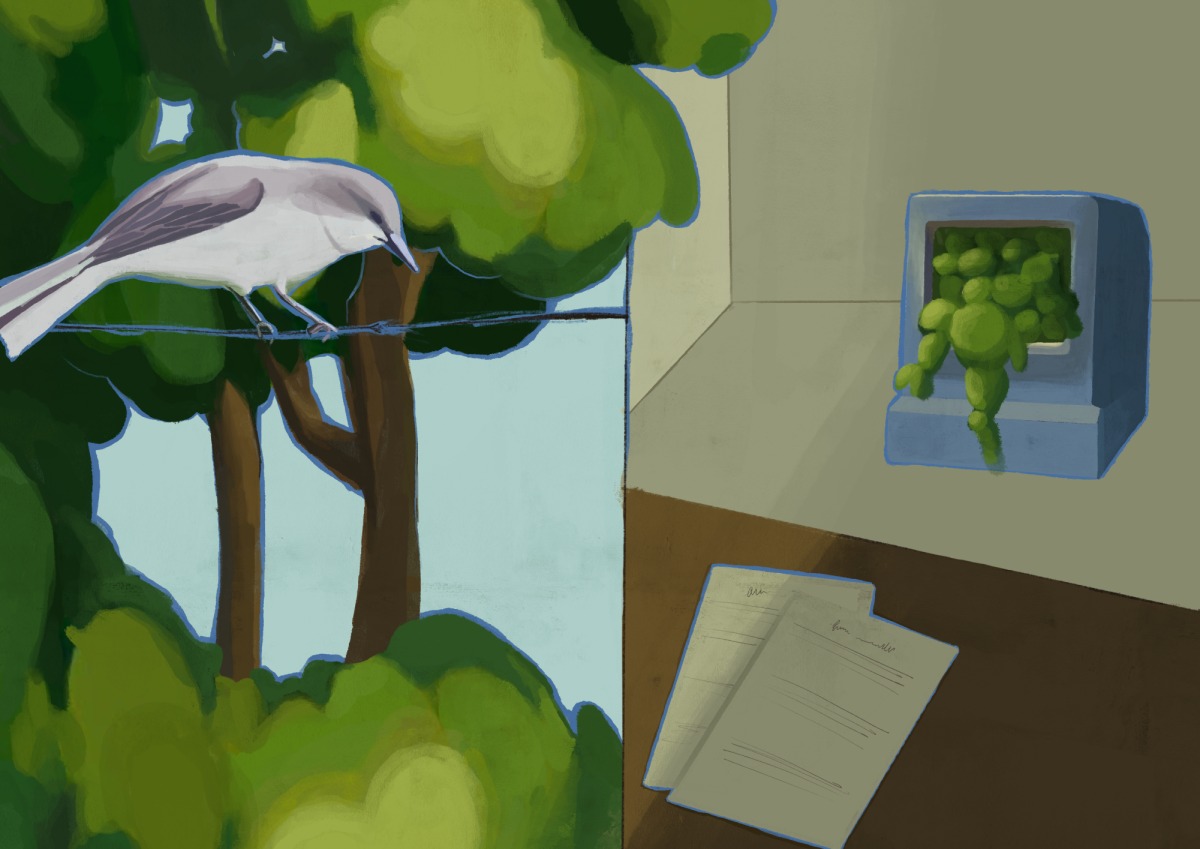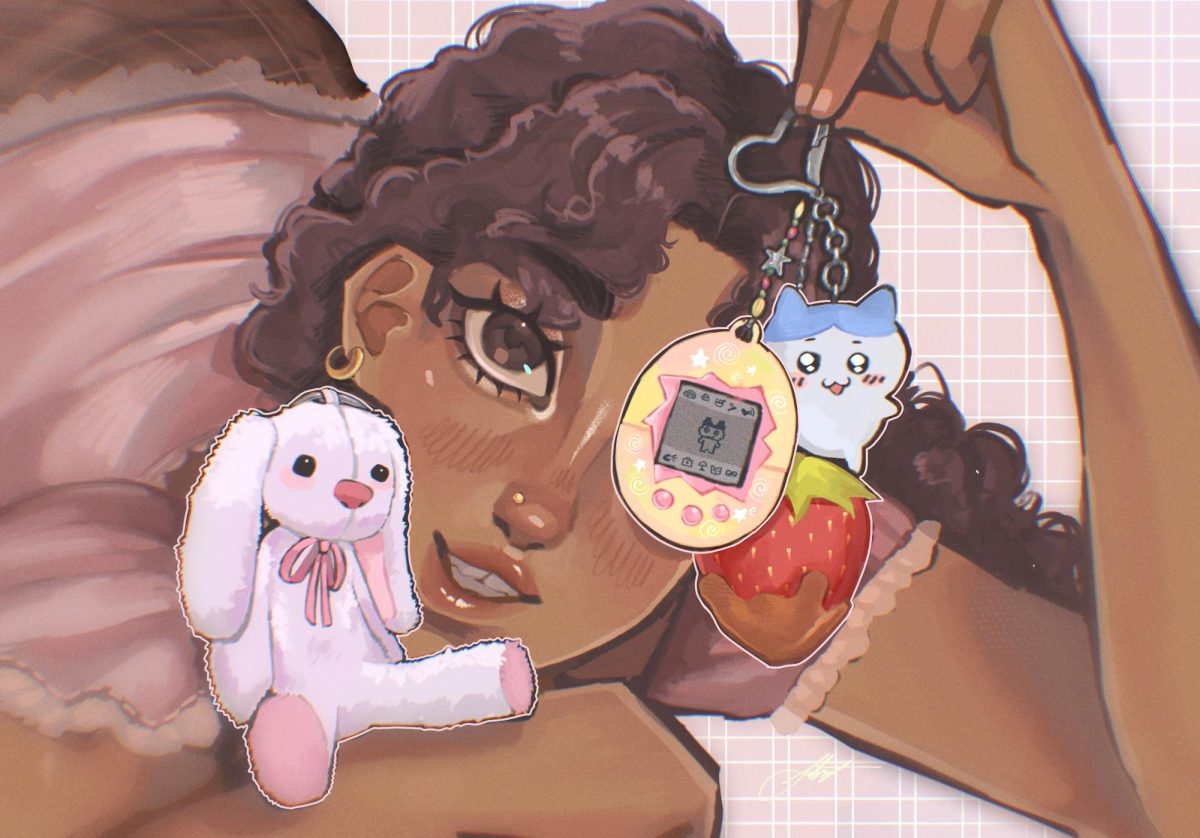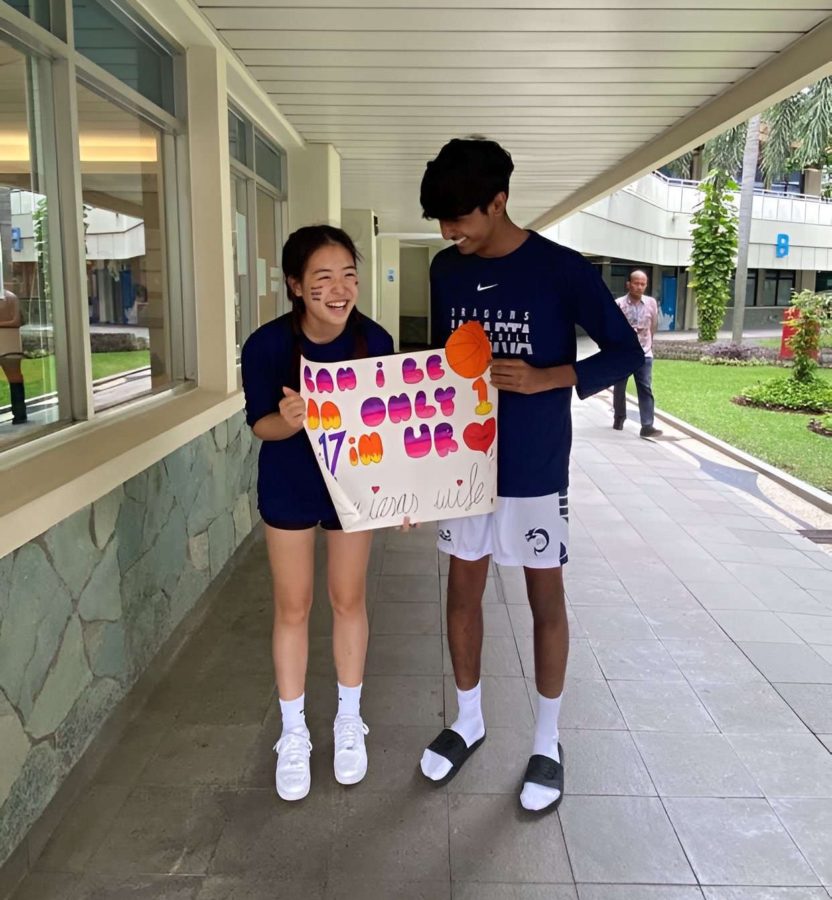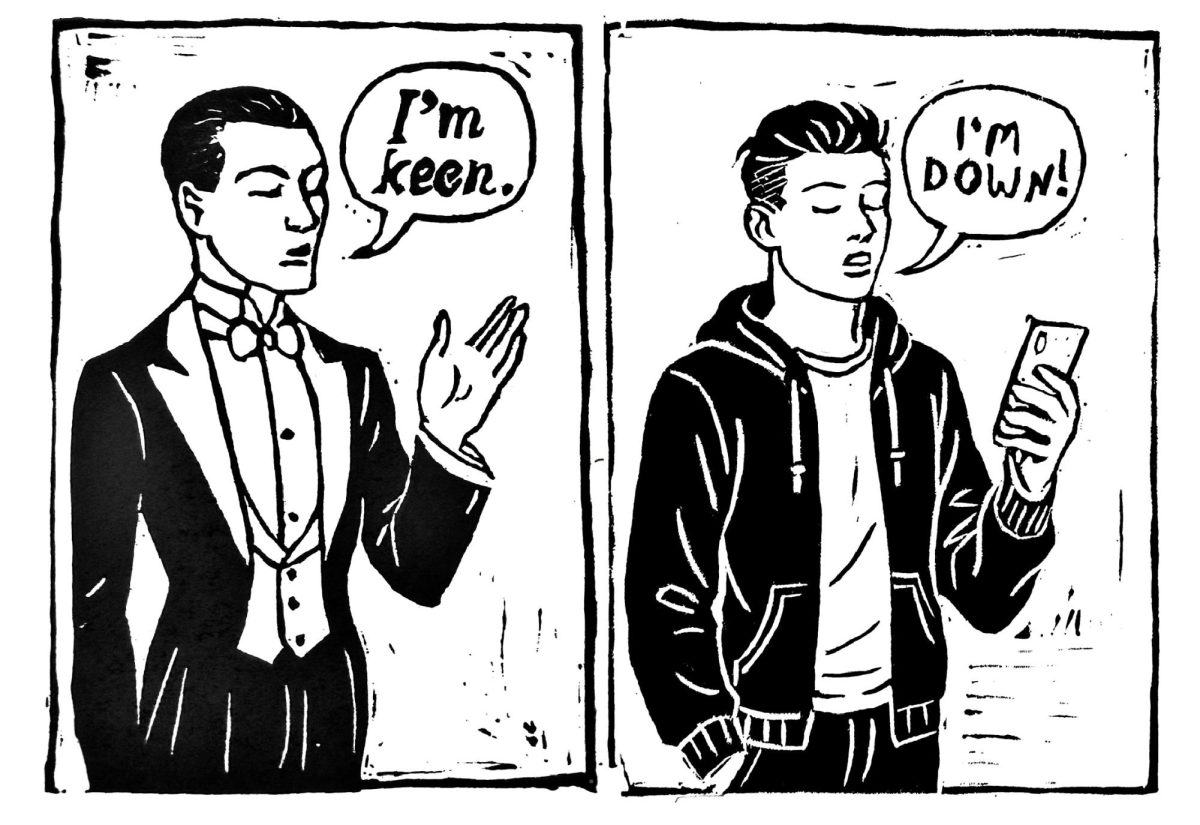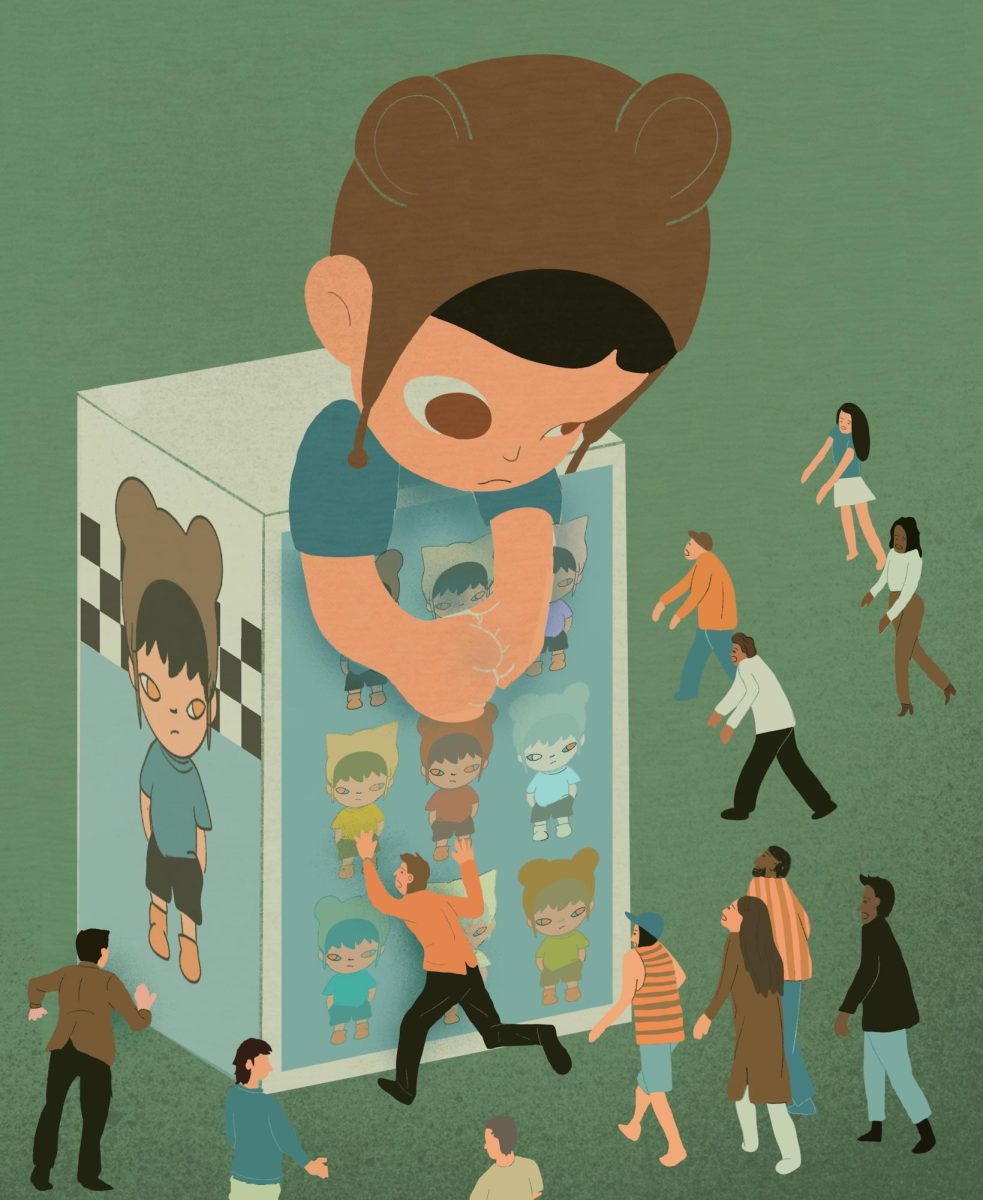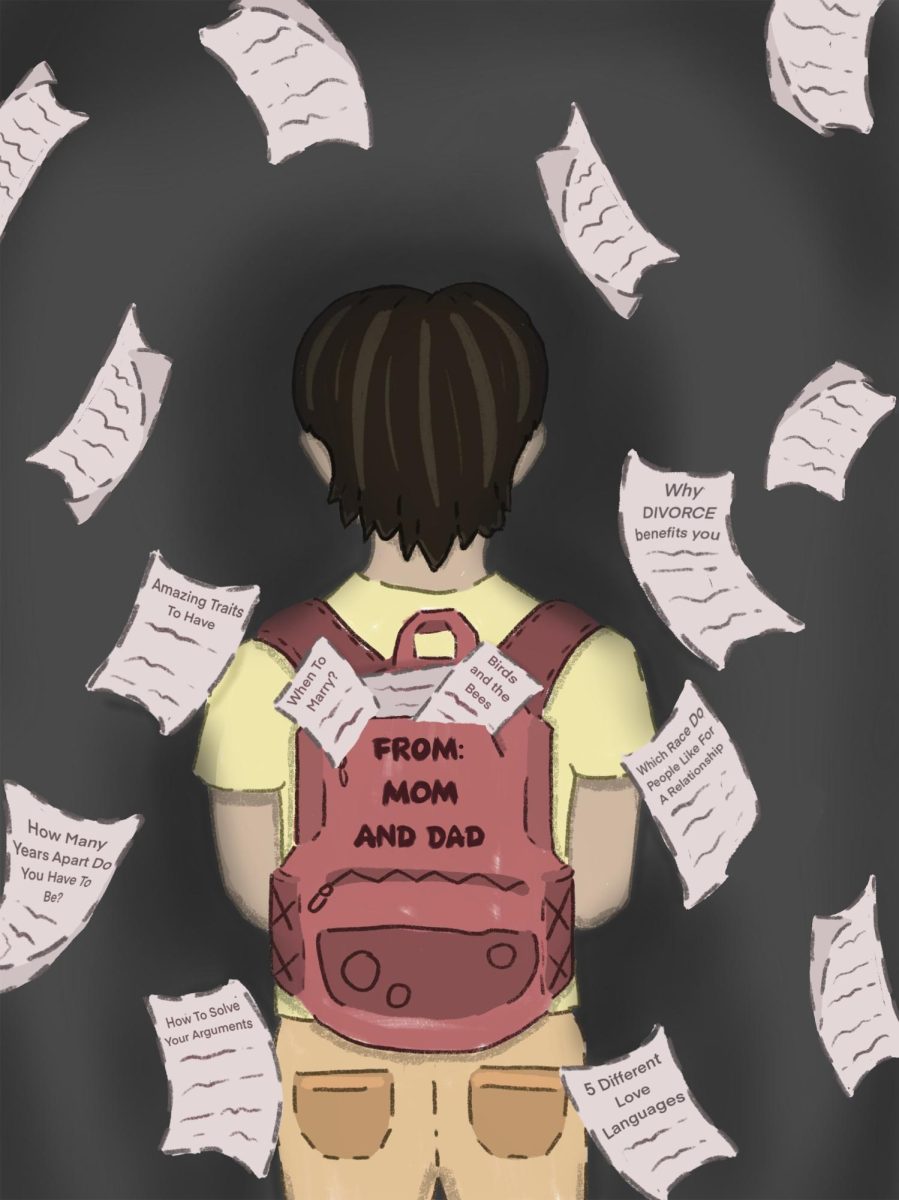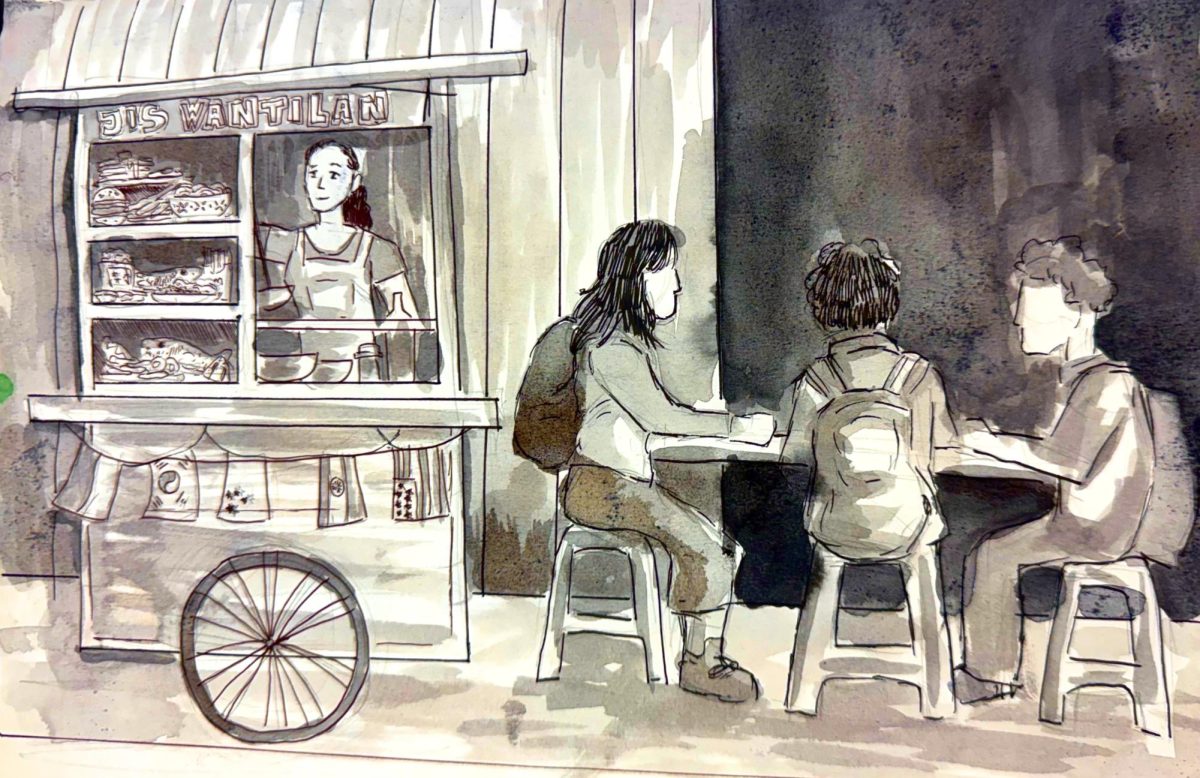As human beings, our first encounters with affection tend to be from our parents. They play a pivotal role in demonstrating complex concepts such as love into actions and behaviors we become familiar with. Through sending out a survey to the JIS High School Student population, Feedback gathered responses on how parents can impact our expectations and understanding of the quintessential human emotion of love. Potentially influencing our relationships with others, our knowledge of this feeling can originate from our initial experiences within a familial setting. As standard practice, anonymity was an option for the respondents—and many chose to remain so.
Parents as Role Models
Inevitably, as the first relationships we form throughout our entire lives, parental figures play a significant role in our development. In 1944, an educator named Maria Montessori coined the term “The Absorbent Mind.” Representing the period of initial childhood development, one’s surroundings are indiscriminately absorbed during this time. Therefore, the theory describes the phenomenon. Showing the evident influence of our parents, through observation alone— their traits and behaviors can become a part of who we are.
When asked to detail the specific ways parental figures serve as role models, almost all JIS students responded with attributes and actions they deem positive. A sophomore attributes the “love and kindness” as well as “wisdom and intelligence” shown by their parents. In another instance, junior Jeong Min W. mentions the mature way her parents can resolve issues, wherein composure is maintained.
Personal accomplishments were also brought up, with 40% of student responses alluding to work ethic and economic success. For a junior, the hardships that their parents experienced inspired them to “work harder… or more than [their parents] did.” Another sophomore remarked on how much they admire the established careers of their parental figures.
Within the context of “The Absorbent Mind,” this can be especially relevant— as through mere observation of what our parents deem as important, we can begin to make those same associations of what our priorities should be.
For instance, in the event a parent exhibits devotion to work, as their children, this may become emulated. The extent to which we focus on our jobs and the duration of time we spend on them can create an impact on the relationships we have with others. It can serve as a source of bonding that brings individuals closer or, on the contrary, potentially leave people neglecting their relationships in favor of their careers. Based on the observations we make, these can be tantamount to genuine adoption—causing a direct effect on our lives.
Our Understanding and Expression of Love
Our basis of understanding love and default methods of conveying it can be inspired by the upbringing we have. As represented in the nature vs. nurture ideology popularized by John Locke, an individual’s environment is a relevant component to their development. As the feeling of strong affection, love tends to coalesce bonds within familial, platonic, and romantic relationships. Yet, as something subjective with no universally agreed-upon meaning, we initially turn to our parents to define exactly what it is for us.
Whether it be vocalizing affection daily or simply asking how each other’s day went, the “little things” that a sophomore’s parents do have become standard in their own life. Making sure to do these small gestures has reminded this respondent that “the little things are worth more than big and expensive [items].” Sophomore Allison S. details the quality time spent with her family, the supportive nature of her parents, and their dedication to making time for her. Influencing her actions within the relationships she has with others, Allison explains her eagerness to show affection to her friends through physical touch, whether it be a pat on the back or a hug.
In another instance, a junior mentions criticism from their parents as something common within their household. Leaving this student with a “lack of sympathy for people’s negative emotions,” according to them, this environment has led to an inability to articulate compliments and their own unintentionally harsh speech.
For a sophomore, gift-giving is frequent within their family, occurring when wanting to show appreciation for one another. However, according to this respondent, they believe that this act has influenced them to become “a little materialistic.”
With Locke’s concept of nature vs. nurture, the latter plays a significant role in developing our behaviors within relationships—including our perception of what love is. Whilst predominantly focused on elements of family and one’s upbringing, “nurture” can also include factors outside, such as school and the internet. These environments can become models of comparison to our households, ultimately introducing us to new relationship dynamics and ways of conveying affection. For example, in the case of a freshman, they observed that “true love” was rather expressed through romantic intimacy between their parents. Within their family, crushes and dating are also prohibited. Yet, despite these circumstances, this student revealed their own personal “craving” for experiencing love within a relationship.
Intentionally or inadvertently in how they express love to each other and to us, parents play a significant role in shaping how we conduct our relationships with others. As the first connections we form during our lifetime, it is they who familiarize us with how affection can be expressed. Whether completely hereditary or an accumulation of our interactions with others—love has a legacy.



